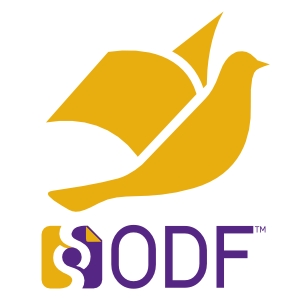Update about Font Replacement
Last Saturday, November 8, I have managed a workshop at SFScon on Font management for document interoperability in LibreOffice. The workshop aimed to demonstrate how to configure and manage the LibreOffice font replacement feature, one of the key elements of document interoperability. Although font replacement on the fly is a long-standing LibreOffice feature, it is rather unknown and must be configured and managed properly in order to substitute proprietary fonts, which are standard on Windows and macOS and have been used as a lock-in tool for years, with metrically compatible free fonts.…

 Digital documents in proprietary formats often become inaccessible within a few years due to undocumented changes to the XML schema that are intentionally employed for lock-in purposes. To avoid this problem, it is advisable to use the Open Document Format (ODF) not only for everyday tasks, but also for long-term storage. This ensures that documents remain accessible for years or even generations.…
Digital documents in proprietary formats often become inaccessible within a few years due to undocumented changes to the XML schema that are intentionally employed for lock-in purposes. To avoid this problem, it is advisable to use the Open Document Format (ODF) not only for everyday tasks, but also for long-term storage. This ensures that documents remain accessible for years or even generations.…

